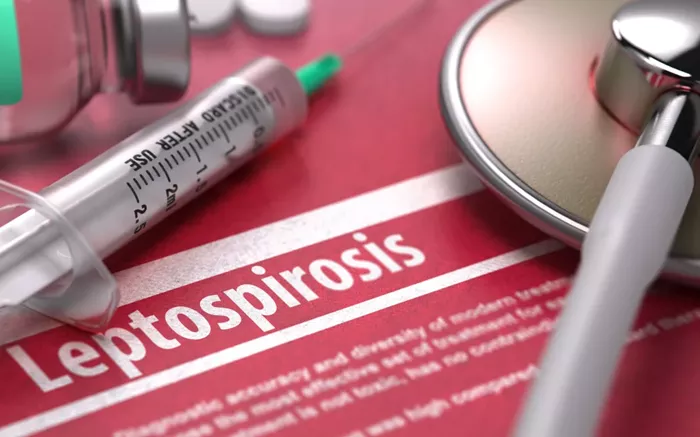Auckland — New Zealand has witnessed a significant increase in cases of leptospirosis, a bacterial infection transmitted through the urine of infected animals, particularly in flood-affected regions.
Leptospirosis causes severe flu-like symptoms, leading to hospitalization for two out of every three infected individuals, according to Massey University Professor of Veterinary Public Health, Jackie Benschop. Last year marked a record high of 170 reported cases nationwide, predominantly affecting rural residents, the highest in at least two decades.
Of particular concern are the 39 cases reported in Hawke’s Bay, a region heavily impacted by flooding from Cyclone Gabrielle. Benschop noted that this figure was five times higher than usual for the area.
“We anticipated this increase in cases following the extreme weather events,” Benschop commented during an interview with Nine to Noon. She highlighted the impact of Cyclone Gabrielle and a wet summer contributing to the surge in infections.
Collaborating with Rural Women New Zealand (RWNZ), Massey University continues to raise awareness about leptospirosis through an ongoing project scheduled until June 2025.
Benschop explained that leptospirosis is caused by bacteria residing in the kidneys of various domestic animals, including sheep, cattle, deer, rats, mice, and opossums. Humans typically contract the infection through exposure to contaminated water or animal urine, entering the body through cuts, grazes, wet skin, or mucous membranes like the eyes or nose.
She emphasized the effectiveness of animal vaccines in preventing certain strains of leptospirosis and encouraged farmers, particularly in the dairy industry, to prioritize vaccination for their livestock.
Gill Naylor, national president of RWNZ, underscored the importance of personal protective equipment for farmers, recommending gloves, aprons, and eye protection when handling animals or potentially contaminated environments like cowsheds. Naylor stressed the necessity of thorough handwashing and sanitization practices.
“If anyone experiences symptoms after contact with livestock, they should consult a doctor to test for leptospirosis,” Naylor advised, highlighting the importance of early detection and treatment.
The collaborative efforts between academia, advocacy groups, and agricultural communities aim to mitigate the impact of leptospirosis outbreaks, ensuring safer conditions for both humans and animals in New Zealand’s rural areas.
[inline_related_posts title=”You Might Be Interested In” title_align=”left” style=”list” number=”6″ align=”none” ids=”10806,10803,10800″ by=”categories” orderby=”rand” order=”DESC” hide_thumb=”no” thumb_right=”no” views=”no” date=”yes” grid_columns=”2″ post_type=”” tax=””]


































